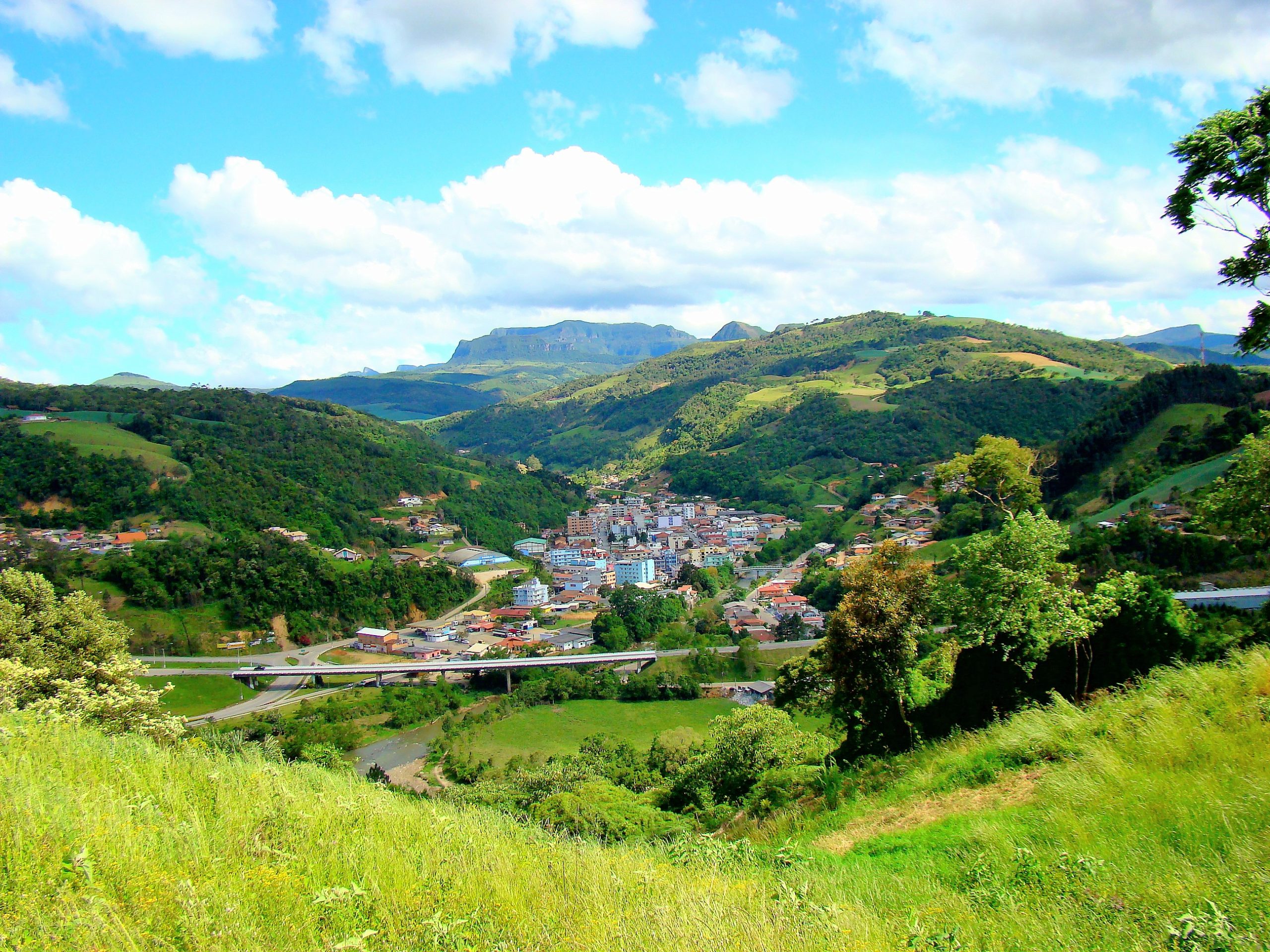Venture builder survey points out paths for agribusiness startups amid a scenario of economic uncertainty and geopolitical redesign
Recent economic moves by the US government under Donald Trump are reshaping the rules of the global game — and the Brazilian agtech sector, already under pressure from domestic challenges, now finds itself facing risks, capital withdrawals, and new strategic opportunities. This is shown in a study by venture builder WBGI, which analyzes the impact of the economic policies of the so-called “Trumponomics” on the national ecosystem of innovation in agriculture.
Trump’s return to power, accompanied by aggressive protectionist measures and the reconfiguration of trade agreements, has raised levels of international uncertainty to unprecedented levels. As an immediate consequence, the study identifies a flight of investors to assets considered safer, such as gold, yen and Swiss franc — which has restricted the flow of capital to emerging markets such as Brazil.
This risk aversion movement directly affects agtechs, which have already been facing a more selective investment environment since 2022. The rise in the Selic rate and the increase in credit costs make expansion difficult and put pressure on the valuation of startups in the sector.
Even with a relatively mild tariff imposed by the US government — 10% for Brazil — the impact on agricultural exports could be profound. Market surveys indicate potential declines of up to 85% in meat exports to the US, in addition to significant losses in chains such as sugarcane and citrus.
These commercial bottlenecks, in turn, have a cascading effect on agtechs that operate or intend to operate in these markets. Startups in the process of internationalization, which had the United States as a priority destination, must review strategies and seek new markets with less commercial friction.
Despite the challenges, the scenario also opens up windows of opportunity. One example is the strengthening of agtechs focused on bioinputs, which may gain traction thanks to the rise of the dollar and Brazil’s dependence on imported chemical inputs. Startups that present efficient solutions, with local production and good operational performance, may gain space in a market that is more receptive to viable and sustainable alternatives.
Furthermore, the geopolitical realignment driven by the deterioration of relations between the US and China could favor Brazil as a strategic partner of the Asian power, with a direct impact on the flow of agricultural technologies and inputs and also on other markets such as Mercosur and the European Union.
Another side effect of Trump’s policies is the cooling of the ESG agenda. The reduced institutional pressure for sustainability in the US and Europe should impact startups focused on environmental and social impact, requiring these companies to demonstrate even more clearly the viability and added value of their solutions. This environment may represent a significant obstacle for agtechs that have grown with a focus on ESG solutions, especially those operating in carbon markets, biodiversity, and regenerative practices. “The reduction in institutional incentives and investment in sustainable initiatives on a global scale may slow the expansion or internationalization of these startups, undermining part of the impact theses that support their business models. More than ever, it will be essential for agtechs focused on the ESG agenda to present genuinely innovative solutions that solve real market pain points and are capable of meeting both the needs of producers and the demands of buyers and regulators in the carbon and sustainability markets,” the study points out.
According to WBGI, in the new post-Trumponomics world, innovation without practical value delivery will not be enough, and Brazilian agtechs will need to operate with a focus on efficiency, agility, and adaptation. Resilient startups, with lean structures and solutions aligned with the real pain points of the field, will have a better chance of emerging stronger.
Access the full study here .
Flavia Romanelli
bittersweetcommunication.com.br



